Please share this information on how to protect yourself, your pets, and others during the novel coronavirus (COVID-19) pandemic.
COVD-19 and your pets
- Can your pet get COVID-19? Read this article for answers to this and related questions. Key highlights:
- Keep pets indoors as much as possible
- Do not permit your pets to interact with people or other animals outside of your household
- When outdoors, keep both yourself and your pet at least six feet away from other people and animals
- Avoid dog parks or other public places
- Our article about emergency and disaster planning for pets has tips that are helpful in today’s current environment. You may be required to self-quarantine, shelter in place, or otherwise restrict your activities. Learn how to prepare an emergency kit for your pets that includes adequate supplies of food, fresh water, medication, and other essentials.
- Make sure you have a plan for the continuous care of your pets if you become ill, hospitalized, or otherwise incapacitated. Our tips on estate planning and pets are relevant for a variety of situations, not just the possibility of your pets outliving you.
Helping others through the COVID-19 pandemic
- If you have been thinking about adding a pet to your household and are prepared to adopt that pet for life, consider adopting now. Shelters are struggling with various restrictions as well. These may include shortages of staff, volunteers, and critical supplies.
- If you are unable to adopt, ask your shelter if they need pet fosters, volunteers, supplies, or other support. If you have skills in construction, repair, administration, even photography, ask if your talents can be put to use. See all of our adoption partners here or find others near you through Petfinder.
- Check on elderly neighbors or others who may have difficulty caring for their pets. Offer to walk their dogs, pick up pet food, supplies, etc. Always follow good hygiene and social distancing practices.
Other things you should do
- Contact your veterinarian if you have any questions concerning your pet’s health or care during the COVID-19 outbreak. This article is not a substitute for guidance from your veterinary professional.
- Wash your hands before and after handling your pet’s food, medication, waste, litter box, etc. The Centers for Disease Control has excellent instructions on when and how to wash your hands.
If we all make necessary changes to our normal routines and consider our own health and that of others, we will weather this national emergency a stronger nation. Stay safe and be well!


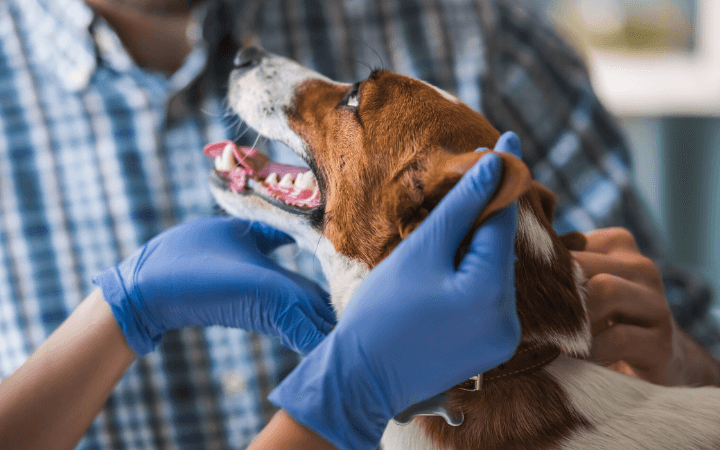


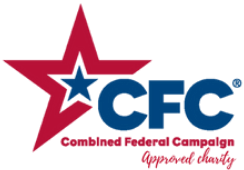

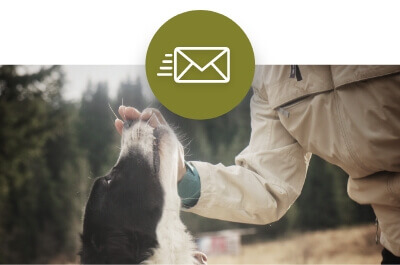
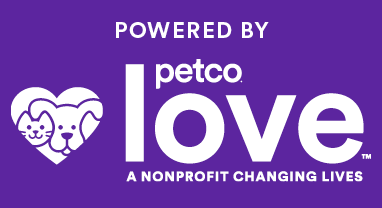
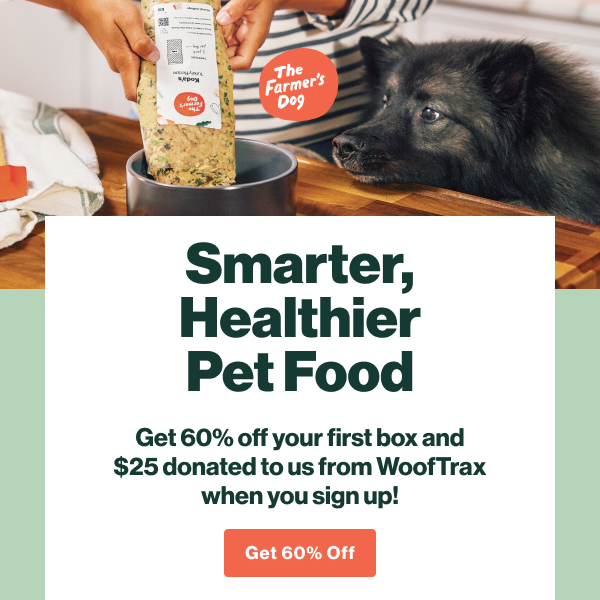
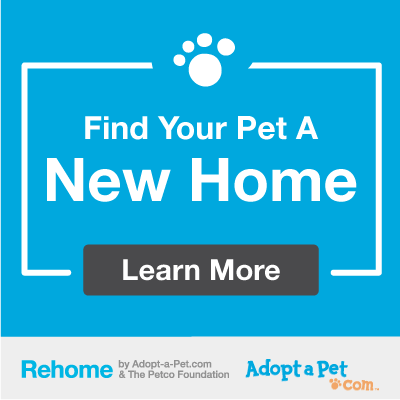
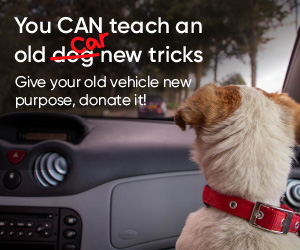
Great information. Shared on FAcebook
Valuable information for you and your pets. As well as information for fostering or adopting pets. Please read it’s engulfed.